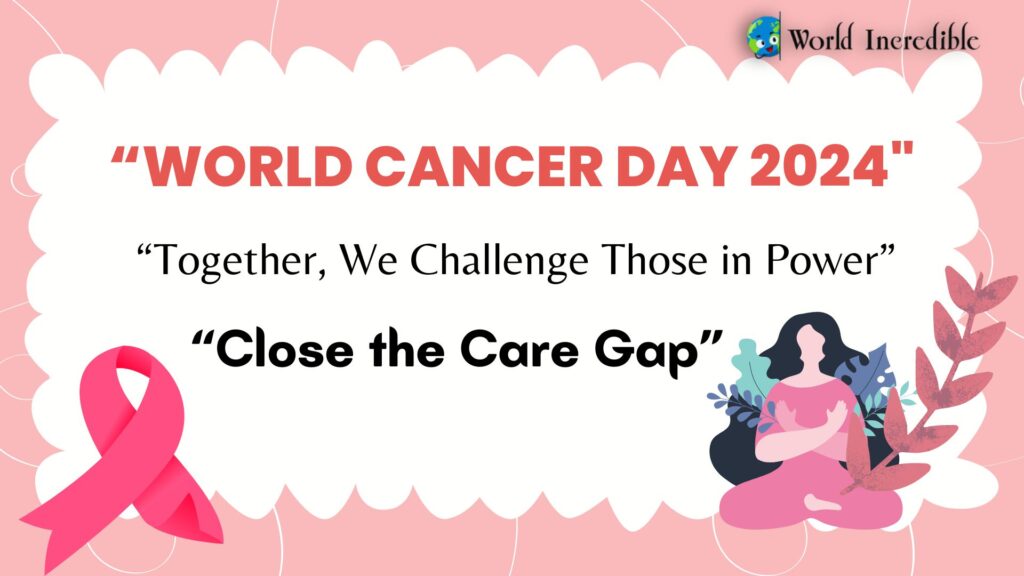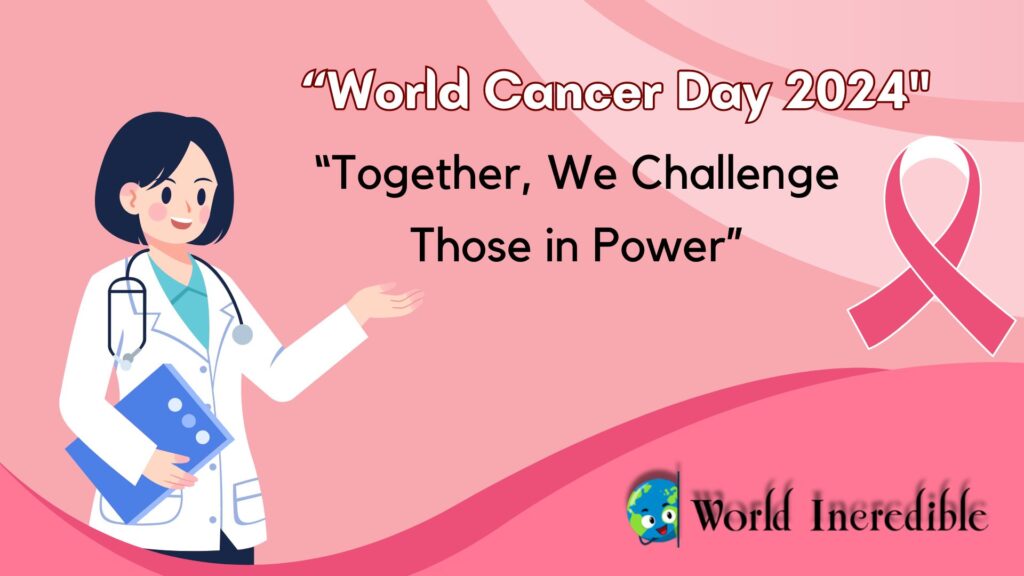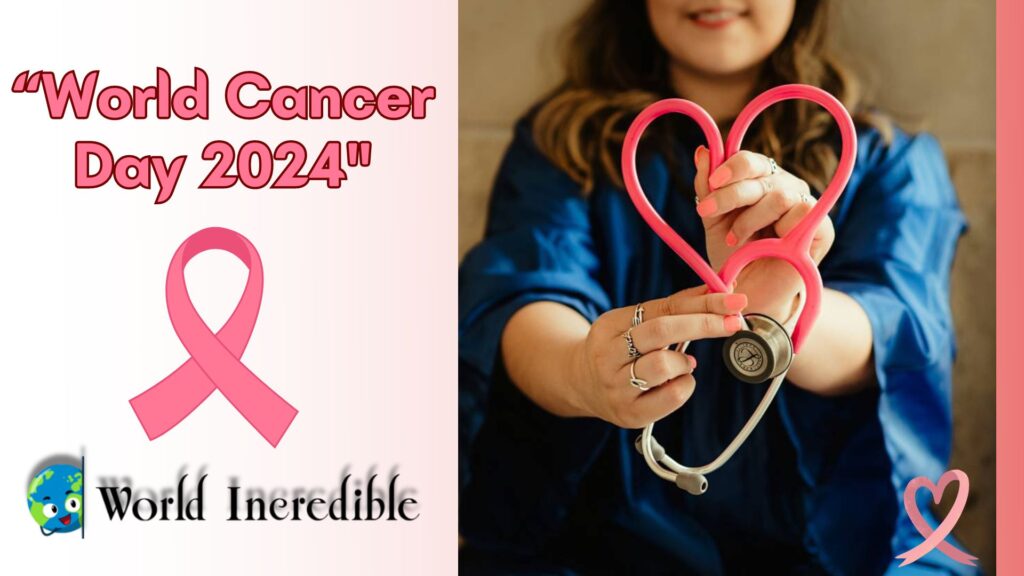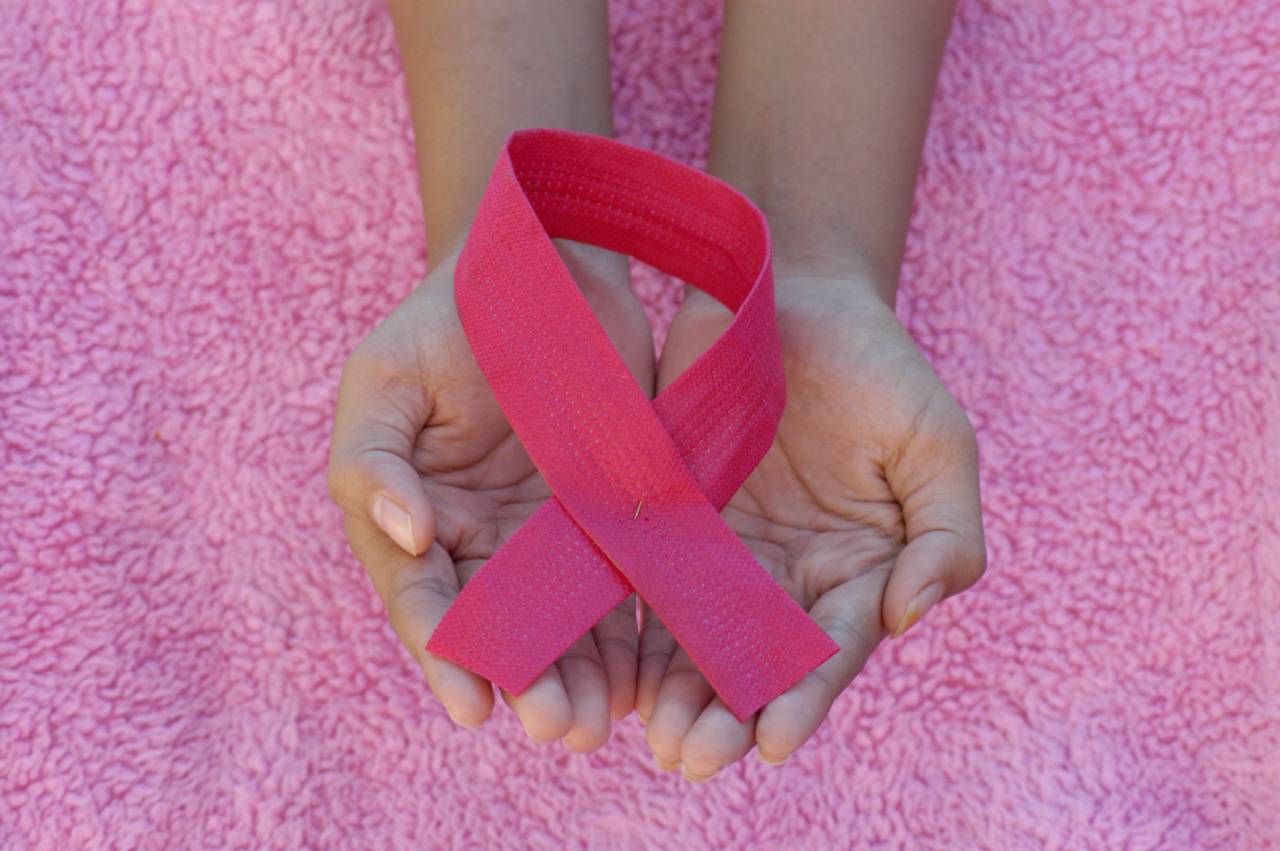World Cancer Day 2024 | Date, History, Theme, Significance, Signs and Symptoms
World Cancer Day, observed annually on February 4th, holds significant importance globally. As the second leading cause of death worldwide, cancer has become a pervasive health concern, with its incidence steadily rising over the past decades.
The insidious nature of this disease often results in late detection, emphasizing the crucial role of early diagnosis in combating its deadly impact. In India, this trend is particularly alarming, with predictions indicating a staggering increase in cancer cases to 2 million by 2040.

History of World Cancer Day
The inaugural celebration of World Cancer Day took place on February 4, 2000, during the World Summit Against Cancer for the New Millennium in Paris.
The event marked the adoption of the Paris Charter, aimed at promoting cancer research, and prevention, improving patient services, raising awareness, and rallying global efforts against this formidable disease.
Theme of World Cancer Day
The theme for World Cancer Day, as articulated by Dr. Matshidiso Moeti, WHO Regional Director for Africa, between 2022 and 2024, focuses on “Closing the cancer gap.”
This overarching objective underscores the collective effort to bridge disparities in cancer prevention, treatment, and care across diverse communities.

World Cancer Day Date
Led by the Union for International Cancer Control (UICC), World Cancer Day is commemorated annually on February 4th. It serves as a pivotal platform to raise awareness about cancer, its causes, prevention, and treatment modalities.
Cancer, characterized by the uncontrolled growth of abnormal cells in the body, underscores the urgent need for proactive intervention and education to mitigate its impact.
World Cancer Day: Types, Risk Factors
Cancer manifests in various forms, including carcinoma, sarcoma, lymphoma, leukemia, brain, and spinal cord cancers, each presenting distinct challenges in diagnosis and treatment.
While certain risk factors are modifiable, such as lifestyle choices including alcohol consumption, obesity, and dietary habits, others like genetic predisposition and low immunity pose additional complexities.
Environmental factors, including exposure to radiation and certain infections, further contribute to the multifaceted nature of cancer etiology.

Signs and Symptoms of Cancer
- Unusual lumps or swelling
- Fatigue
- Changes in bowel habit
- Sudden weight loss
- Unexpected bleeding
- Pain or ache that comes and goes
- New moles or changes in the appearance of moles
- Appetite loss
- A sore or ulcer that won’t heal
- Heartburn or indigestion
The Role of Prevention and Early Detection:
Prevention and early detection are pivotal in reducing the burden of cancer. Adopting healthy lifestyle habits such as maintaining a balanced diet, regular exercise, avoiding tobacco, and limiting alcohol consumption can significantly lower the risk of developing certain types of cancer. Furthermore, early detection through regular screenings and awareness campaigns can lead to timely intervention and improved outcomes for patients.
Empowering Individuals and Communities:
Empowering individuals and communities with knowledge about cancer prevention, risk factors, and available resources is crucial in the fight against this disease. Education and awareness initiatives play a vital role in dispelling myths, reducing stigma, and encouraging proactive healthcare-seeking behaviors. By fostering a culture of openness and support, we can create a more conducive environment for prevention, early detection, and treatment.
Harnessing Innovation and Collaboration:
Innovation and collaboration are key drivers in the quest to conquer cancer. From groundbreaking research in genomics and immunotherapy to the development of affordable cancer care solutions, innovation holds the promise of transforming cancer care and improving patient outcomes. Collaboration among governments, healthcare organizations, academia, and the private sector is essential in advancing cancer research, developing effective treatments, and ensuring equitable access to care.
Early detection of cancer significantly enhances treatment outcomes, underscoring the importance of recognizing common signs and symptoms, including unusual lumps or swelling, fatigue, changes in bowel habits, sudden weight loss, unexpected bleeding, persistent pain or ache, new moles or changes in existing ones, appetite loss, and non-healing sores or ulcers. Vigilance in monitoring these indicators facilitates timely intervention, potentially saving lives and improving prognosis.
Looking Ahead:
As we observe World Cancer Day 2024, let us reaffirm our commitment to the fight against cancer. Let us honor the courage of survivors, remember those we have lost, and pledge to work tirelessly towards a future where cancer no longer poses a threat to our loved ones. By joining forces, raising awareness, and advocating for change, we can make meaningful strides towards a world free from the burden of cancer.
On World Cancer Day 2024, the global community reaffirms its commitment to confronting the challenges posed by cancer, advocating for equitable access to prevention, treatment, and support services. Through collaborative efforts and sustained advocacy, we strive towards a future where the burden of cancer is alleviated, and every individual receives the care and support they deserve.












